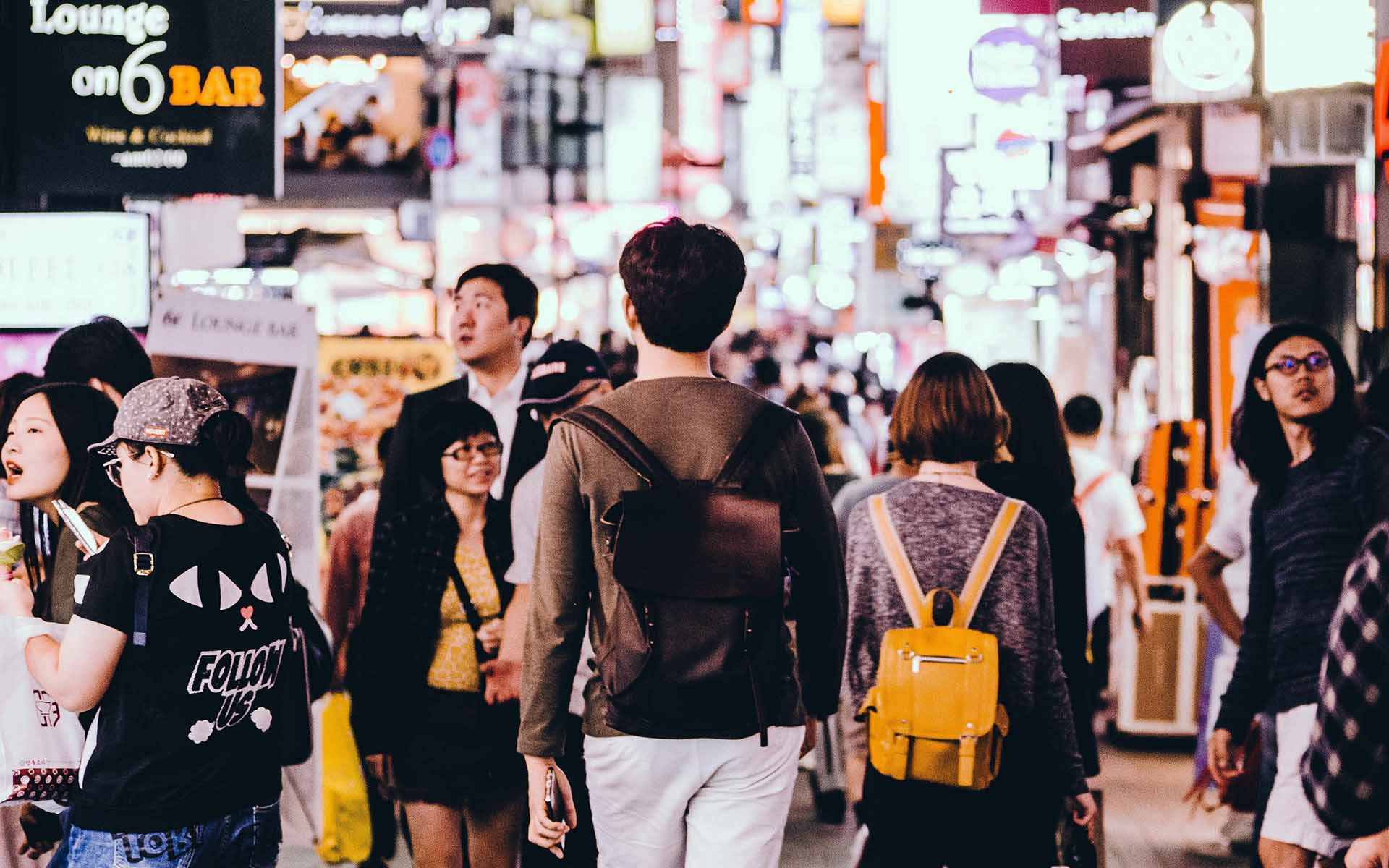Six months ago, South Korea — one of the largest cryptocurrency markets in the world — banned the issuance of new cryptocurrencies. However, that hasn’t stopped South Korean blockchain entrepreneurs from circumventing the country’s restrictions by launching Initial Coin Offerings (ICOs) overseas.
Chased Out
In September, the cryptocurrency hotspot of South Korea officially banned Initial Coin Offerings (ICOs) within its borders. Some blockchain companies, however, are skirting such restrictions by issuing their coins and tokens abroad.
One such company is Icon (ICX) — a blockchain network not entirely dissimilar to Ethereum or NEO — comprised of financial institutions, insurance companies, hospitals, universities, and other businesses.
Icon (ICX) was initially launched in Switzerland, arguably the blockchain capital of the world, by the DAYLI Financial Group. However, the cryptocurrency is listed on both of South Korea’s major cryptocurrency exchanges, Bithumb and Upbit, where it began trading less than one month ago.
Park Nok-sun, a cryptocurrency analyst at NH Investment and Securities, told Reuters:
Icon’s listing in local exchanges is significant itself as the coin is South Korea’s first platform coin.
Changing the Game
If NEO is “The Chinese Ethereum,” Icon is “The South Korean Ethereum” — despite the country’s regulators forcing its initial issuance abroad. As South Korean exchanges are not prevented from listing such projects, such maneuvers may become commonplace in one of the world’s leading cryptocurrency markets.
One investor in Seoul, Choi Il-kyu, told Reuters that Icon might change the way things are done in South Korea, explaining:
The cryptocurrency market’s future seemed unclear as the market has been constantly declining for the past few months. Such disappointment made me think maybe I should stop investing, and that’s when I found Icon.
Kim Haw-joon, co-chief of the Korea Blockchain Association, agrees that South Korean restrictions will see more and more companies circumvent restrictions by going overseas. However, this isn’t the most cost-effective route. Lee Eun-sol, the co-founder of Medibloc, told Reuters:
We have to establish an overseas branch, hire workers there, spend a huge amount of money for all the paperwork needed, and often have to fly there to take care of things, making it just so inconvenient.
Nevertheless, that’s currently the only way South Korean blockchain projects can get off the ground. More than twelve South Korean companies have already launched overseas Initial Coin Offerings (ICOs), including Hyundai BS&C own Swiss-launched cryptocurrency, Hdac.
What do you think about South Korea’s ban on Initial Coin Offerings (ICOs)? Do you think the country is holding itself back? Let us know in the comments below!
Images courtesy Icon, Pixabay
[Full disclosure: the author of this article is a holder of Icon (ICX), as well as various other digital currencies.]











